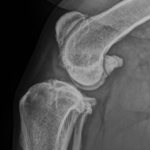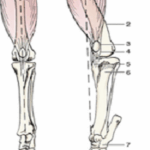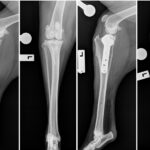
Did you know that it is very important to desex rabbits, even if they are on their own?
Male Rabbits:
The reason for desexing males is pretty obvious: testosterone makes them cranky!
Despite being cute and fluffy, rabbits can be very temperamental, especially when they have high levels of testosterone. Castration helps reduce testosterone levels, which leads to a happier, more relaxed rabbit which is less likely to show aggression towards people and other animals.
It is very important that two entire male rabbits are never left together once they reach sexual maturity. They are highly likely to fight, and can cause fatal wounds to each other.
Female Rabbits:
Desexing female rabbits has two advantages: birth control and cancer prevention.
By removing the reproductive organs, we obviously make them infertile. As we all know, rabbits can breed like rabbits, so it is important to prevent unwanted pregnancies.
Female rabbits are also very prone to cancer of the uterus. It is estimated that 60-80% of entire female rabbits will develop uterine cancers, which are fatal if left untreated.
When to Desex:
We recommend desexing rabbits between 4 and 6 months of age. We would recommend 4 months of age when multiple males or mixed sexes are together, while waiting until 6 months of age is ok for females when they have no access to entire males.
What does desexing involve:
The surgery itself is done as a day procedure. Unlike dogs and cats, we don’t fast rabbits before surgery. We ask the owners to bring their normal food in with the rabbit so it can continue eating until shortly before surgery and start eating again as soon as possible afterwards.
Males are castrated through an incision over each testicle, with the skin closed with special tissue glue. Females are desexed through the middle of their abdomen, and will normally have internal sutures.
We don’t send rabbits home with collars, as they would interfere with their normal eating routine.
If you would like to talk about desexing your rabbit, please give our clinic a call and we can either discuss the procedure with you over the phone, or book a free pre-surgical consultation with one of our vets.



